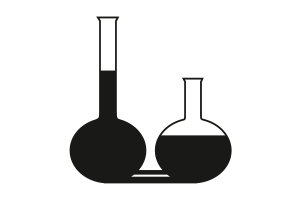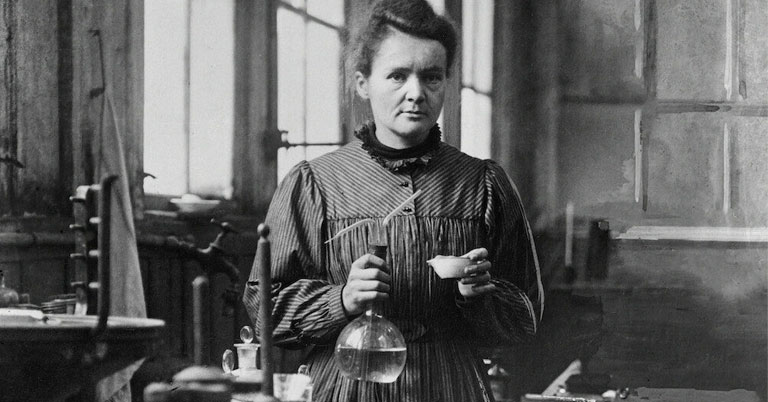
07/11/1867 – 04/07/1934
Marie Curie, born Maria Skłodowska in 1867 in Warsaw, Poland, and passed away in 1934 in Sancellemoz, France, was a world-renowned physicist and chemist. She is famous for her pioneering discoveries in the field of radioactivity. Curie quickly established herself as a central figure in science through her hard work and revolutionary contributions.
Curie moved to Paris to study at the Sorbonne, where she earned degrees in physics and mathematics. In 1895, she married Pierre Curie, also a renowned scientist. Together, they conducted research that led to the discovery of the radioactive elements polonium and radium in 1898. These discoveries revolutionized our understanding of radioactivity and opened new avenues for research in physics and chemistry.
In 1903, Marie Curie shared the Nobel Prize in Physics with Pierre Curie and Henri Becquerel for their work on radioactivity. In 1911, she received a second Nobel Prize, this time in Chemistry, for her discoveries of polonium and radium, becoming the first person to receive two Nobel Prizes in different scientific fields.
Curie also founded the Radium Institute (now the Curie Institute) in Paris, a research and treatment center for cancer. Her work not only advanced science but also had significant practical applications in medicine, particularly in cancer treatment.
Despite the numerous obstacles she faced as a woman in a male-dominated field, Curie persevered and paved the way for future generations of women scientists. She also contributed to the war effort during World War I by developing mobile radiography units for field hospitals, known as “Little Curies.”
